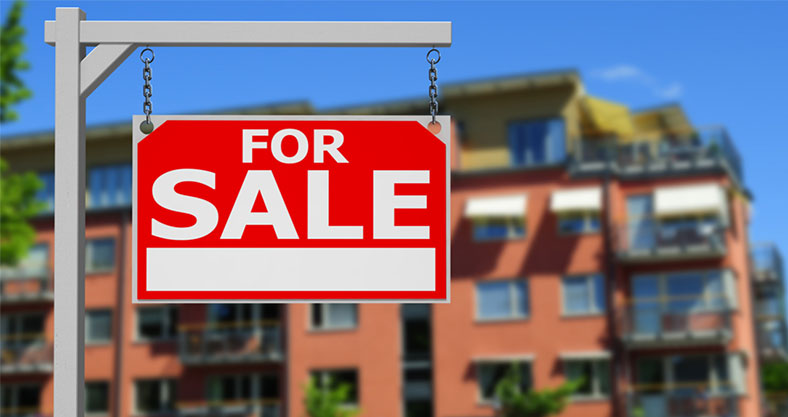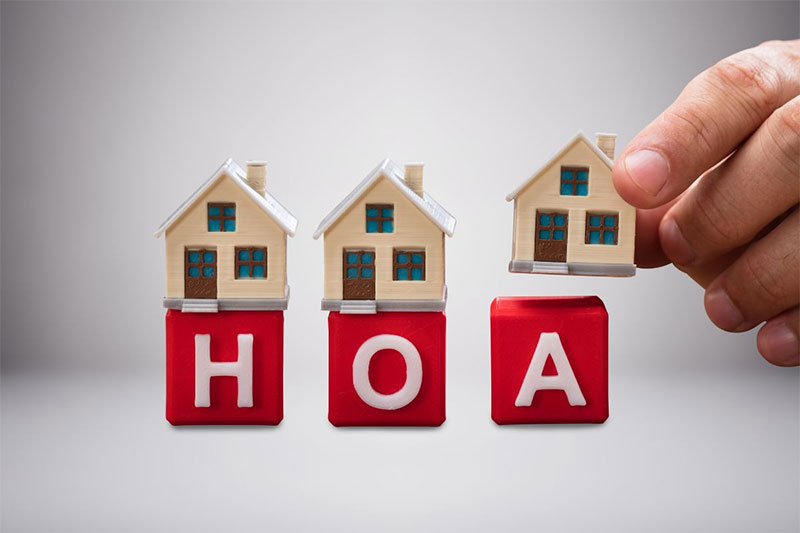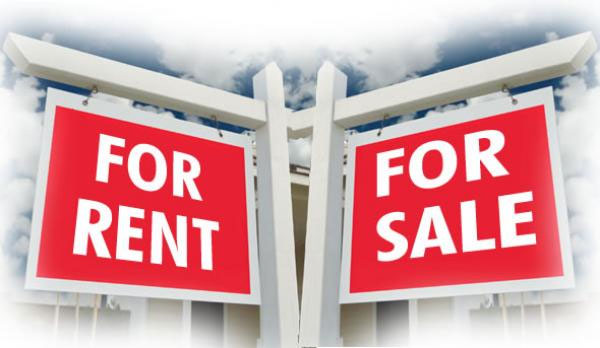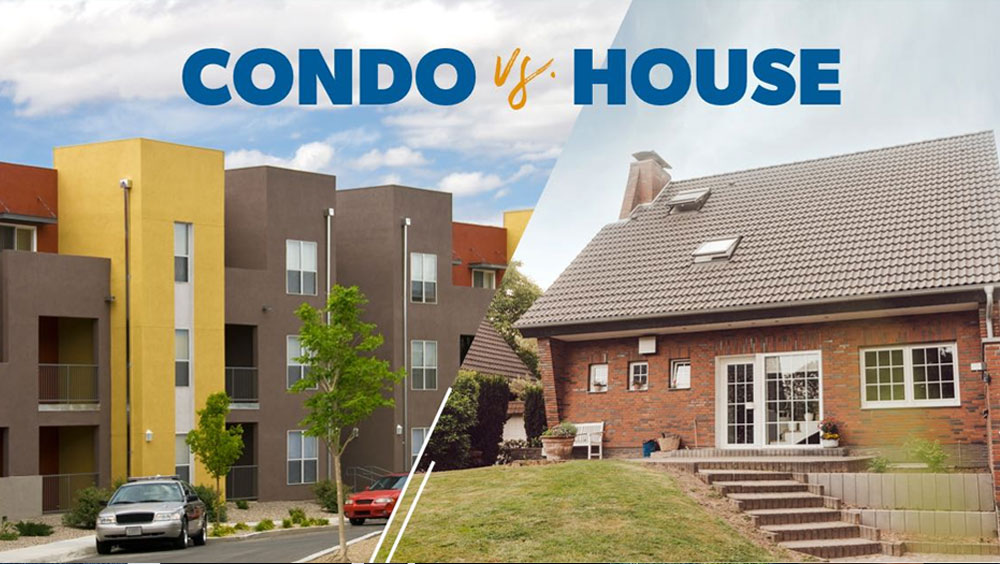When traditional investments like stocks and bonds are down, investors look to real estate to grow their portfolios. With many real estate options, from condos to houses, what’s the best way to put your money to work?
Investing in condos and houses both offer good ROIs, but the cost, convenience, and lifestyle of each option are important too. Where you’re at in your investment journey should also be considered.
Price Tags

Condos often have lower sale prices than houses. In 2021, the average cost for a condo was $336,100 while single-family homes sold for an average of $372,800.
If you buy a condo with a lower sale price, you’re looking at lower monthly and down payments, freeing up extra funds for other investment opportunities. Condos typically offer amenities like gyms or pools, adding additional value to the property.
Maintenance and Repairs

Buying a home comes with maintenance responsibilities that can get expensive and time-consuming. If the pipes burst or the roof needs to be redone, you’ll foot the bill.
Condo owners are only responsible for the interior of their homes. For a fee paid to the homeowners association, condo owners enjoy extra free time and don’t have to cover costly exterior repairs or maintenance.
Growth, Renovations, and Customization

Assuming you comply with bylaws, you can knock down walls, build a deck, or make other renovations or additions to a house. With freedom to customize, you can create value and equity into your house.
In a condo, you’re limited to altering the interior because that’s the only space you own. If the exterior is unappealing to renters or buyers, you’ll have to hope your HOA fees go toward improvements.
Rental Restrictions

Be aware of building or regional restrictions if you’re investing in a rental property. Many HOAs impose rental and Airbnb restrictions that can quickly derail your rental property plans. In a house, you can generally do whatever you want within legal limits.
If you plan to live in the home yourself, grow equity, and flip the property for a profit, you shouldn’t have any issues in either a home or a condo.
Renting and Selling

Condos are usually easier to rent out, providing consistent rental income over time. It can be tougher to sell a condo, however, since houses offer unique appeal and more growth.
If you’re looking for a low-maintenance option with good ROI early or late in your investment journey, a condo might be your best bet. Your money might do better in a house if you’re committed to its upkeep and growth potential.

